Choosing And Using Lawn Herbicides
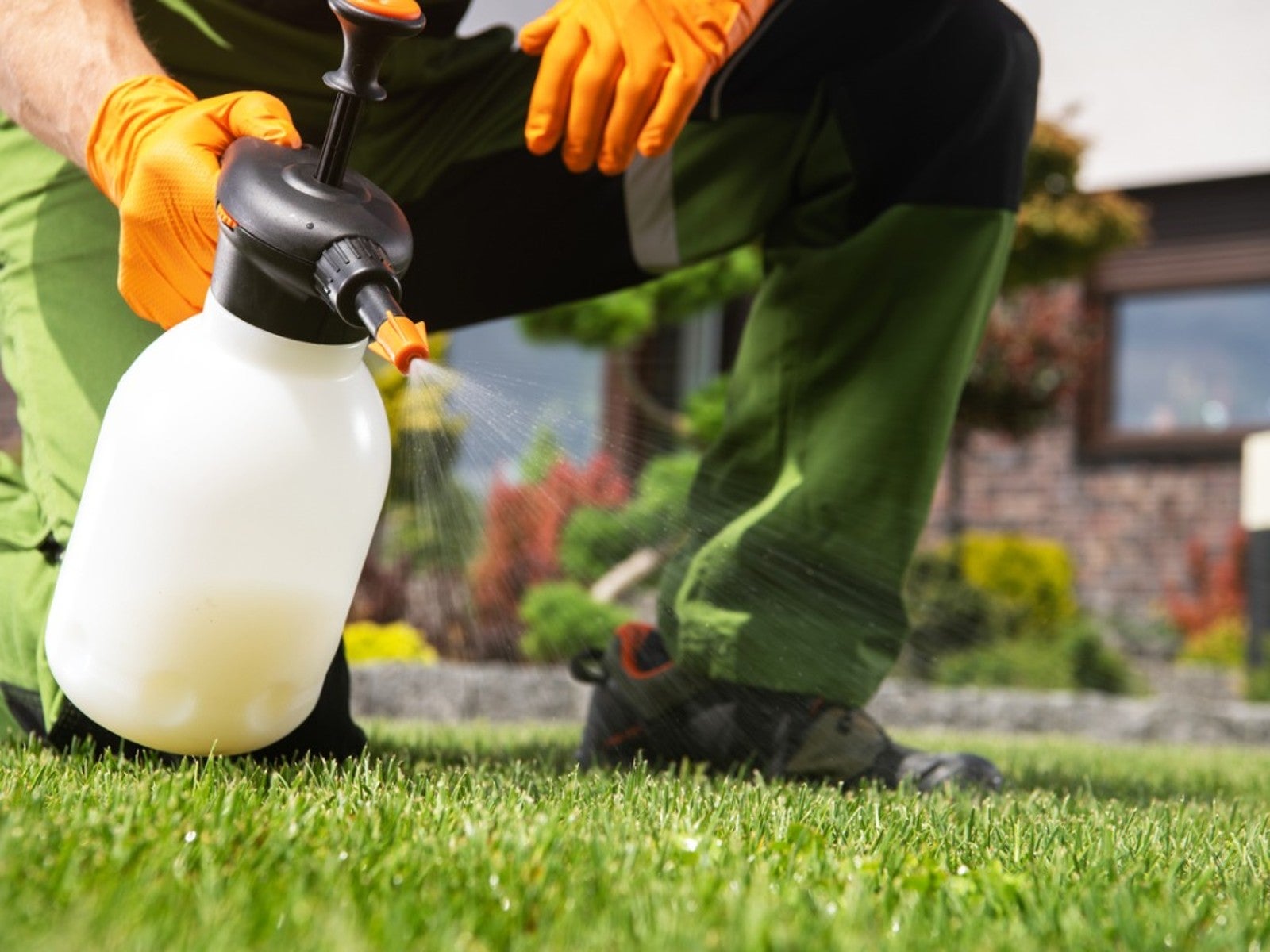

Gardeners who want perfect green lawns must often resort to lawn herbicides. A lawn weed killer needs to be applied at the correct time in order to be most effective. The best weed killer for lawns depends upon the type of turfgrass and the variety of weeds that infest the area. Good cultural practices can reduce many weeds, but a lawn weed killer spray or pellets, will enhance the health of the grass.
Choosing And Using Lawn Herbicides
Keeping a lawn green and weed free takes some action on the gardener’s part. Using weed killer for lawns is part of annual maintenance that reduces pest plants and promotes grass growth. Frequent mowing and hand pulling of weeds can reduce their presence, but often in areas with heavy weed populations, the best defense is a chemical application.
How to Control Weeds in Lawns
Promoting healthy turfgrass can reduce the presence of some weeds.
- Apply the correct amount of fertilizer, and avoid over-fertilizing.
- Water the lawn at a rate that keeps soil moist but not soggy.
- Mow at the proper height for the variety of grass, and mow frequently to keep weed seeds from forming.
- Control insects that can make patches in the lawn, perfect weed seed beds.
Grass with heavy thatch is not healthy and can die out in areas, resulting in places where weeds will grow. Even with best practices, a lawn will get weed populations. Using weed killer for lawns, in combination with good cultural methods, is the most practical direction for control of weeds. Using a weed n feed product is not recommended by experts because fertilizing should be done in fall, whereas most herbicide application occurs in spring.
Types of Herbicides
Most gardeners have to contend with annual, perennial, and occasionally biennial weeds. Good control can often be achieved by using a pre-emergent herbicide. These prevent seed germination and are applied in spring when temperatures of soil have warmed to around 60 degrees Fahrenheit (15.55 C).
A post-emergent herbicide is applied directly to weeds. This can be difficult in a lawn because any contact with the grass could cause turf kill. Selective herbicides are used that will control just listed weeds without affecting turf health. Non-selective products are not recommended in the lawn because they kill a wide range of plants.
Lawn Weed Killer: Spray, Powder, or Granules?
There are several different formulations of lawn herbicides. The type of product used depends upon your preference and conditions.
Gardening tips, videos, info and more delivered right to your inbox!
Sign up for the Gardening Know How newsletter today and receive a free copy of our e-book "How to Grow Delicious Tomatoes".
In high wind areas, a granular product is better than a spray, which can float and contact wanted plants. Powders must be mixed with water and sprayed. They tend to suspend and the solution needs to be shaken frequently during application. Sprays are concentrates mixed with water and are applied on windless days where temperatures are around 60 Fahrenheit ( 115.55 C). Each formula will list the weeds controlled and the amount and timing of application. Follow directions carefully and wear long clothing, gloves, and eye protection.
Note: Any recommendations pertaining to the use of chemicals are for informational purposes only. Chemical control should only be used as a last resort, as organic approaches are safer and more environmentally friendly.

Bonnie Grant is a professional landscaper with a Certification in Urban Gardening. She has been gardening and writing for 15 years. A former professional chef, she has a passion for edible landscaping.
-
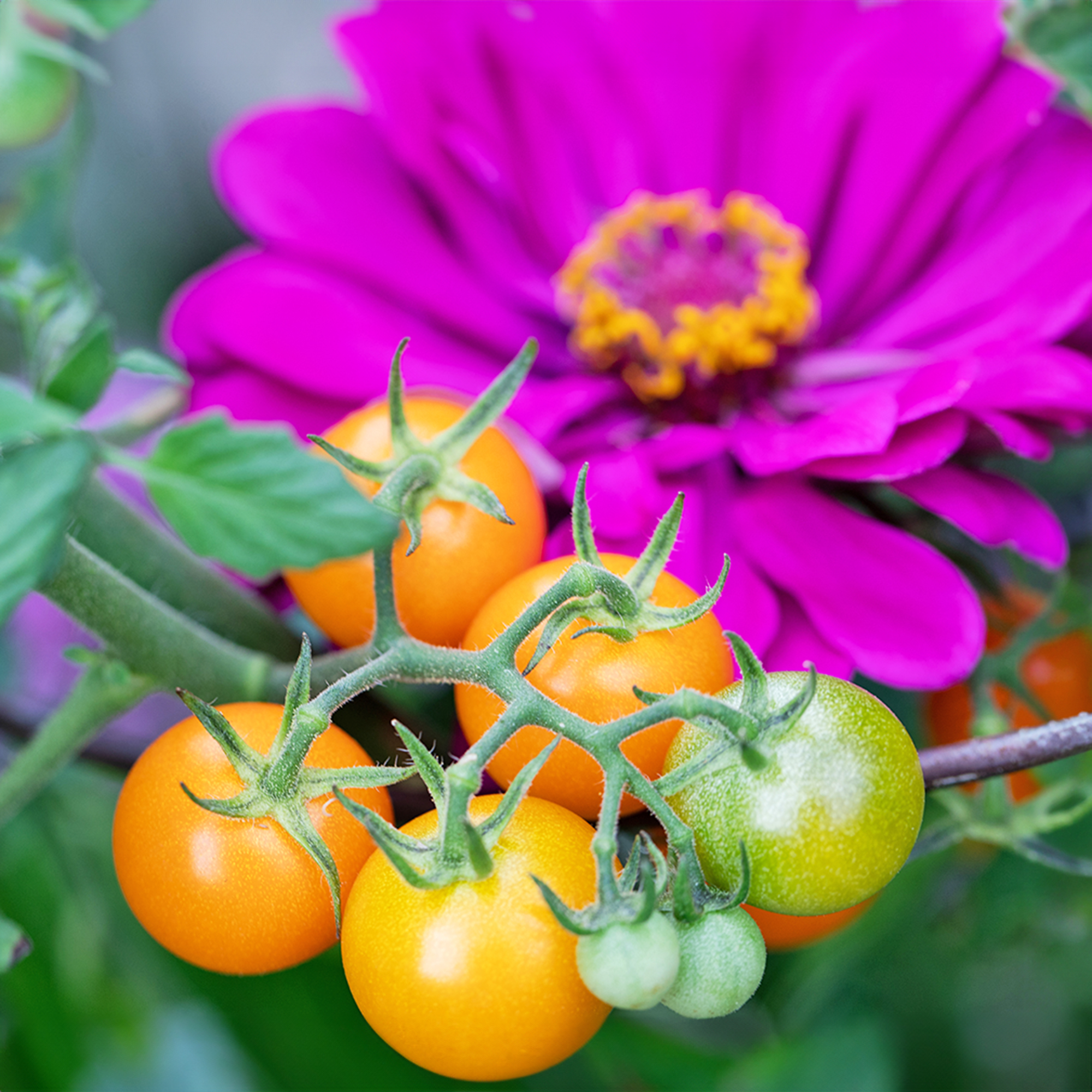 8 Perfect Flowers To Plant With Tomatoes To Boost Yields & Banish Pests
8 Perfect Flowers To Plant With Tomatoes To Boost Yields & Banish PestsDon’t forget flowers when choosing companion plants for your tomato beds or pots. These pretty, fragrant blooms add beauty but are also highly beneficial.
By Mary Ellen Ellis
-
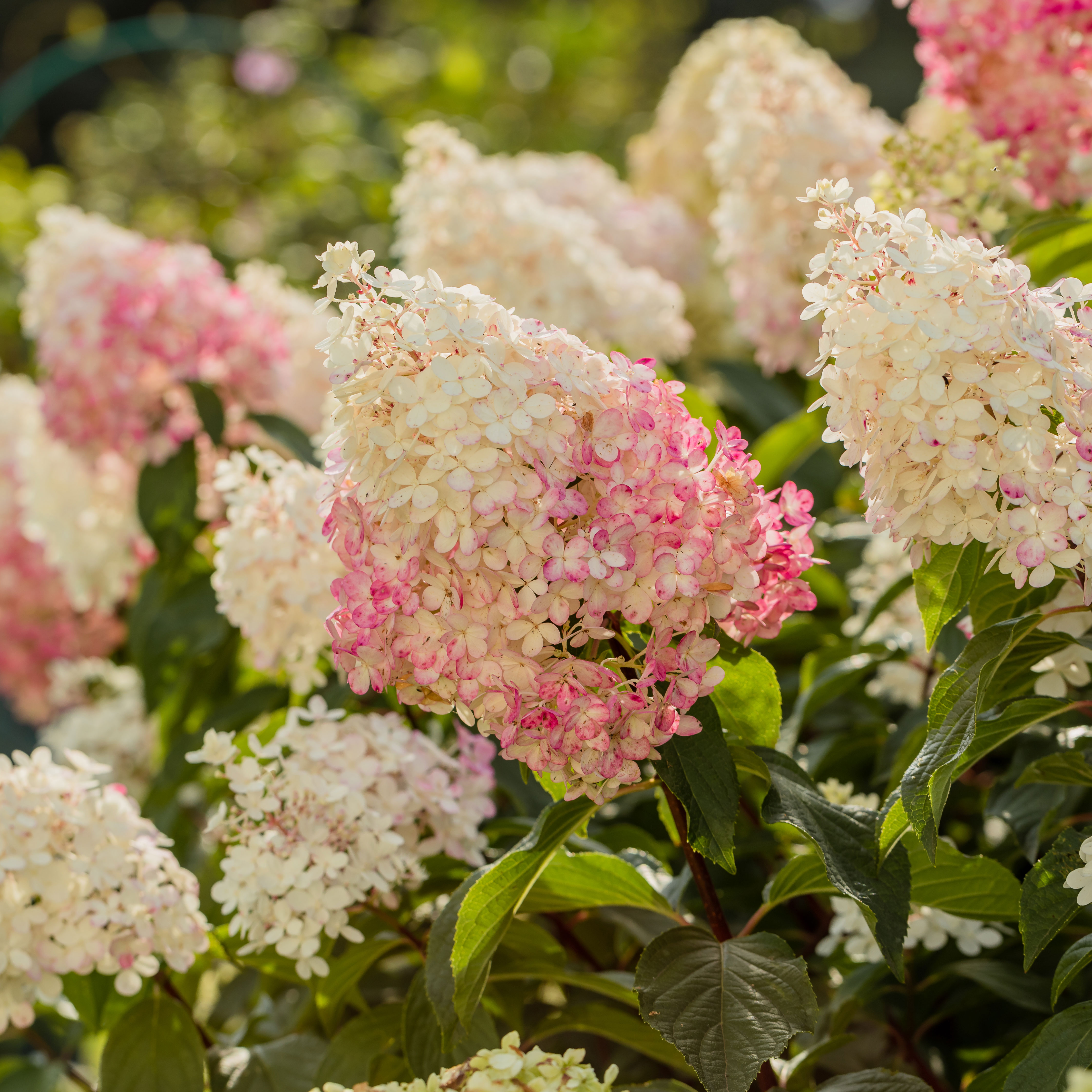 Want The Longest Lasting Hydrangea Flowers? Grow These 8 Panicle Hydrangea Varieties
Want The Longest Lasting Hydrangea Flowers? Grow These 8 Panicle Hydrangea VarietiesFor ornamental shrubs that deliver the longest flowering seasons with plush blooms and delicate hues, these panicle hydrangea varieties are essential in your yard
By Tonya Barnett
-
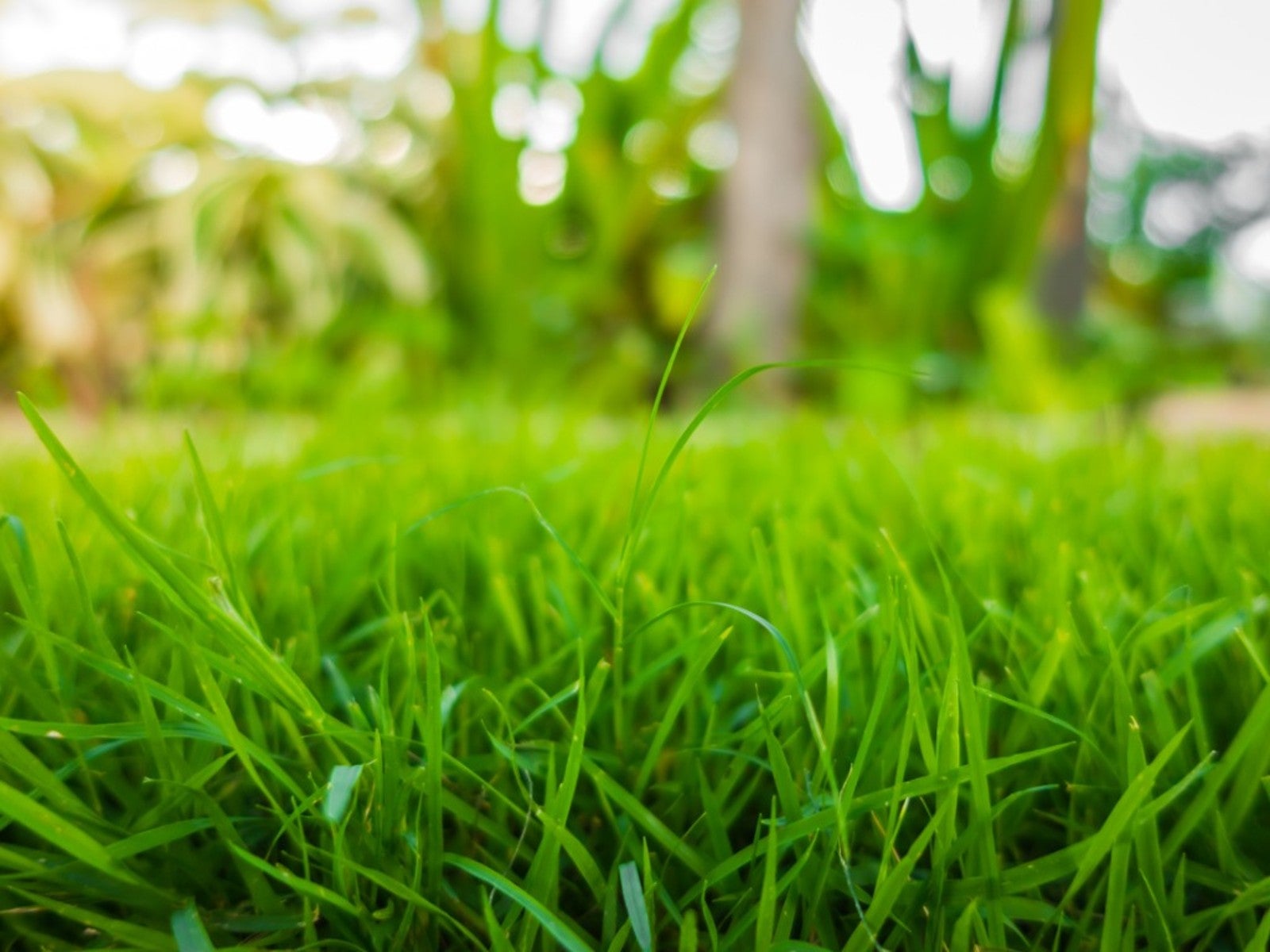 Sustainable Turf Species For A Greener Lawn
Sustainable Turf Species For A Greener LawnClick here for some of the most sustainable types of turf grass you can grow for an eco-friendly lawn.
By Bonnie L. Grant
-
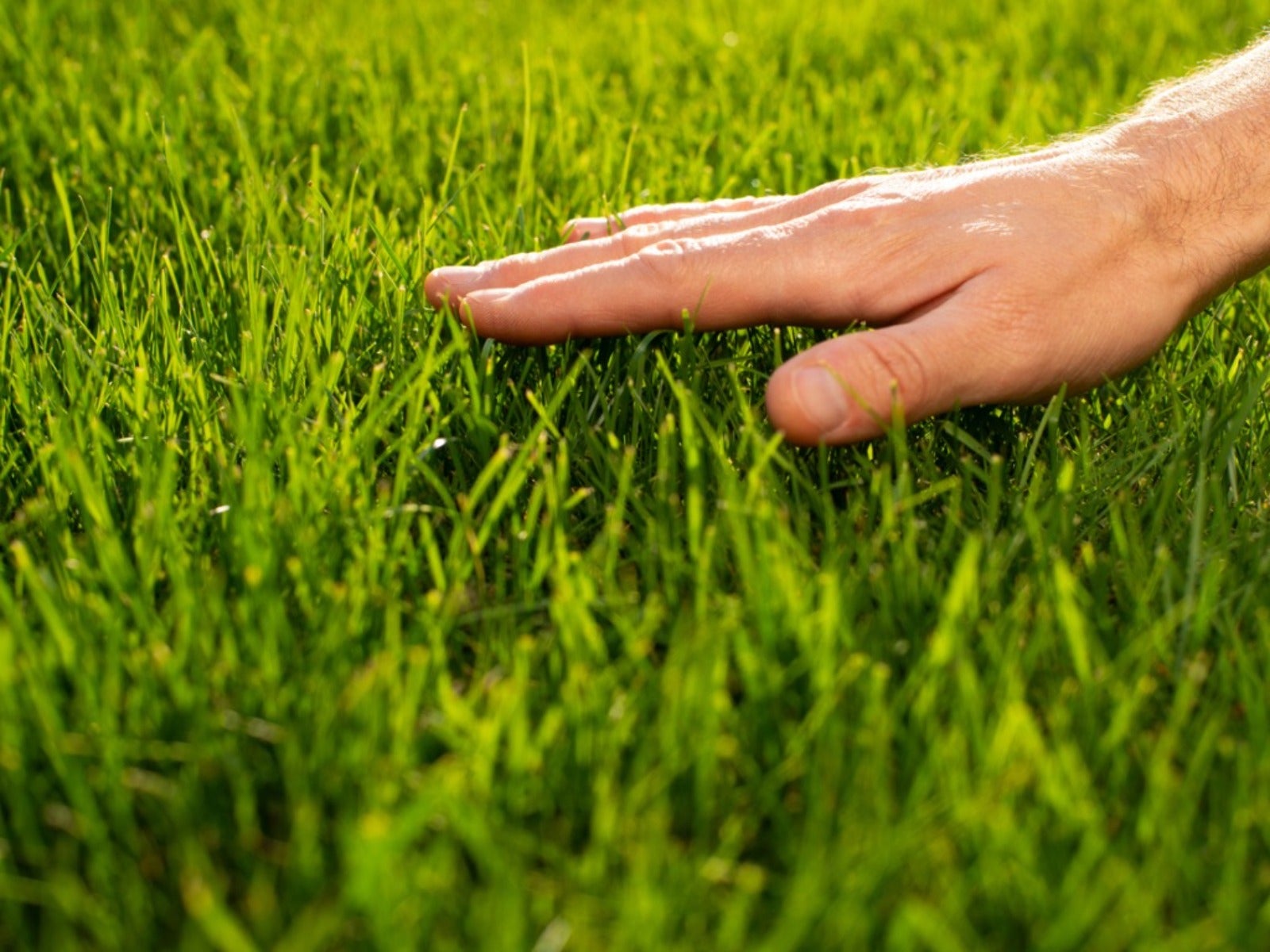 How To Grow A Sustainable Lawn
How To Grow A Sustainable LawnAdjust your thinking about a perfect green lawn and consider more sustainable methods. Click here to learn how.
By Mary Ellen Ellis
-
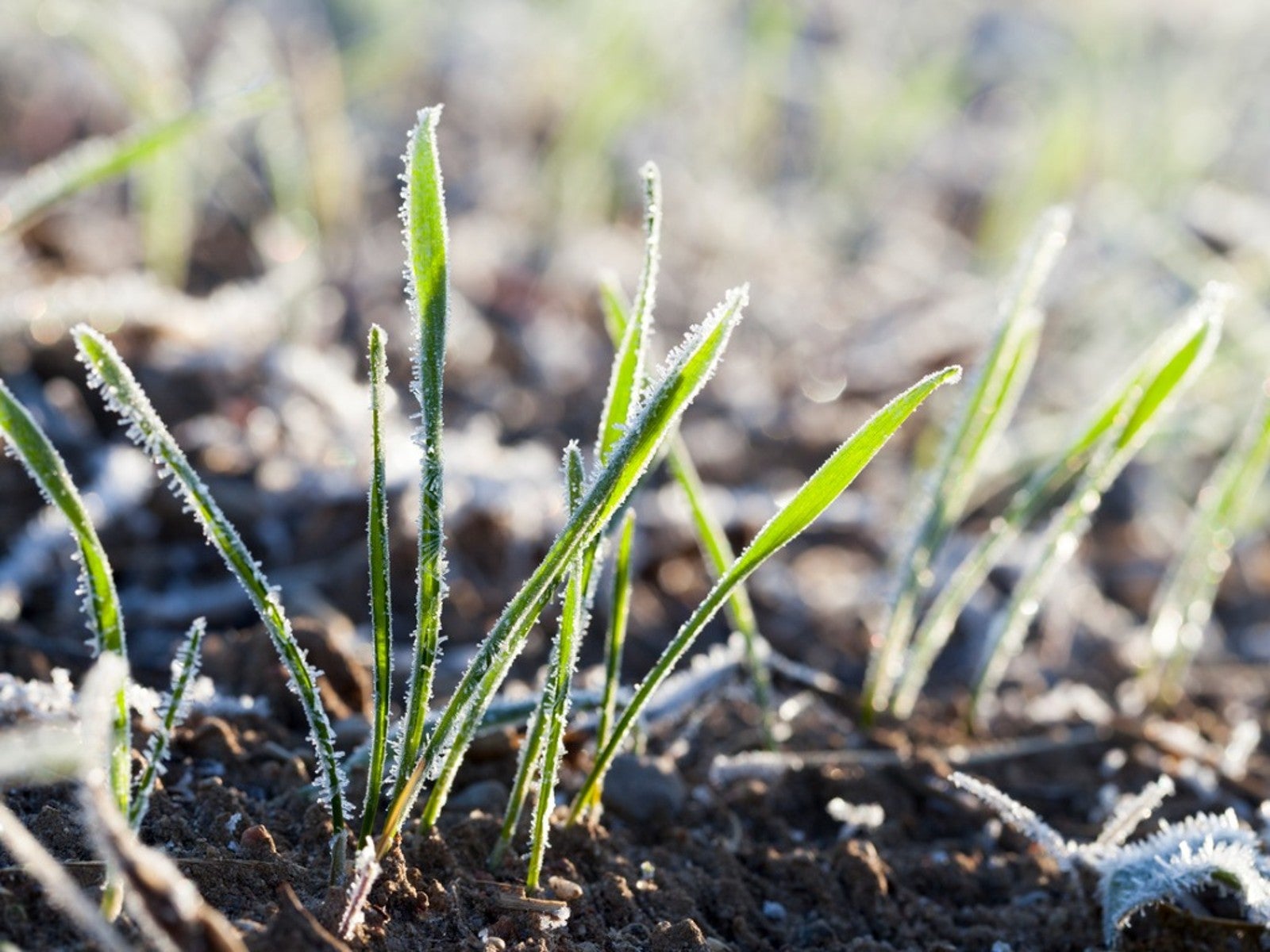 Will Frost Kill Grass Seed And How To Help New Turf Survive
Will Frost Kill Grass Seed And How To Help New Turf SurviveLearn how to help your newly sown grass survive frost and freezing weather.
By Amy Grant
-
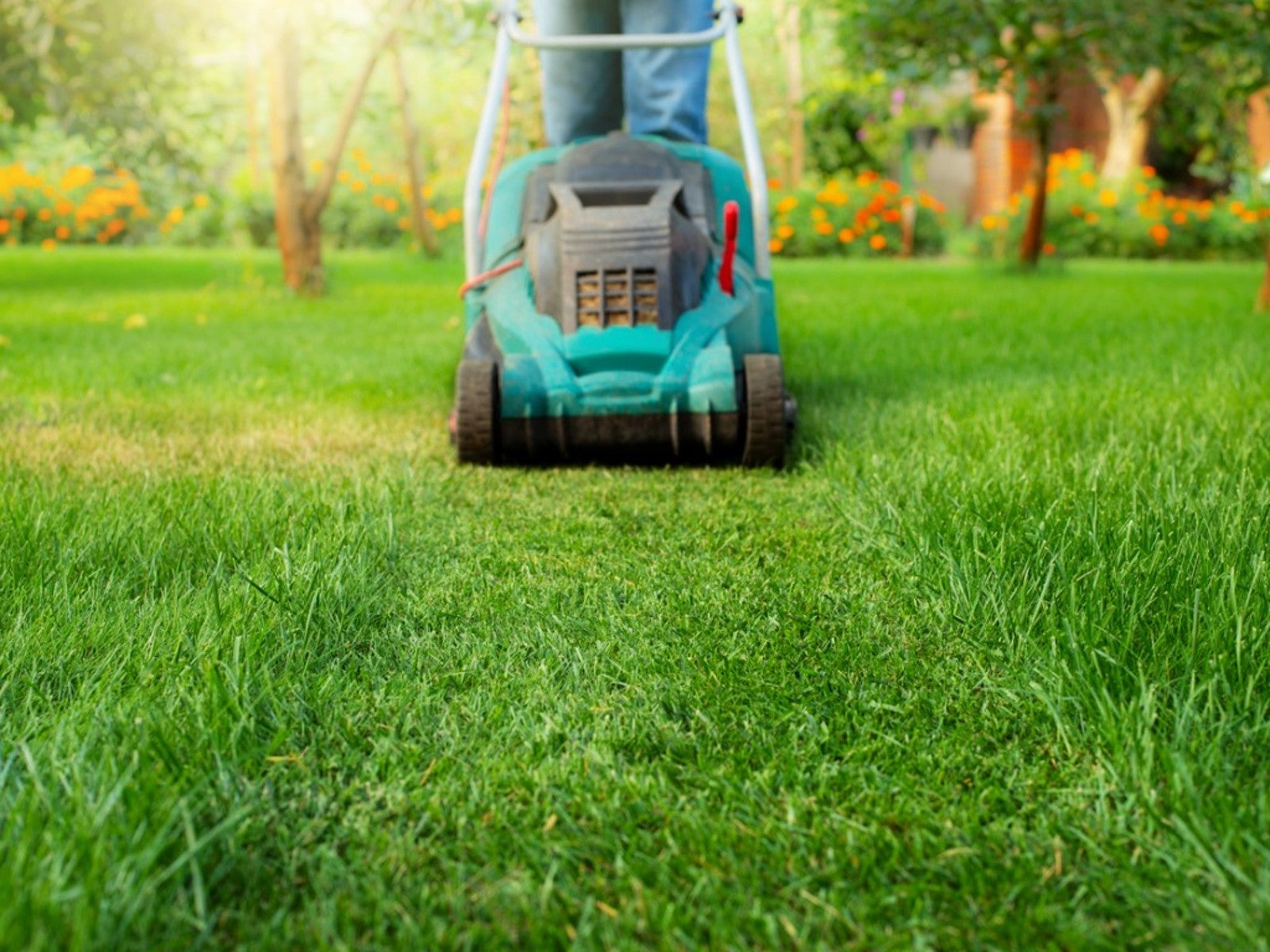 Lawn Problems That Aren’t Really Problems
Lawn Problems That Aren’t Really ProblemsYour lawn may not require as much work as you think. Learn which common problems aren’t really problems.
By Teo Spengler
-
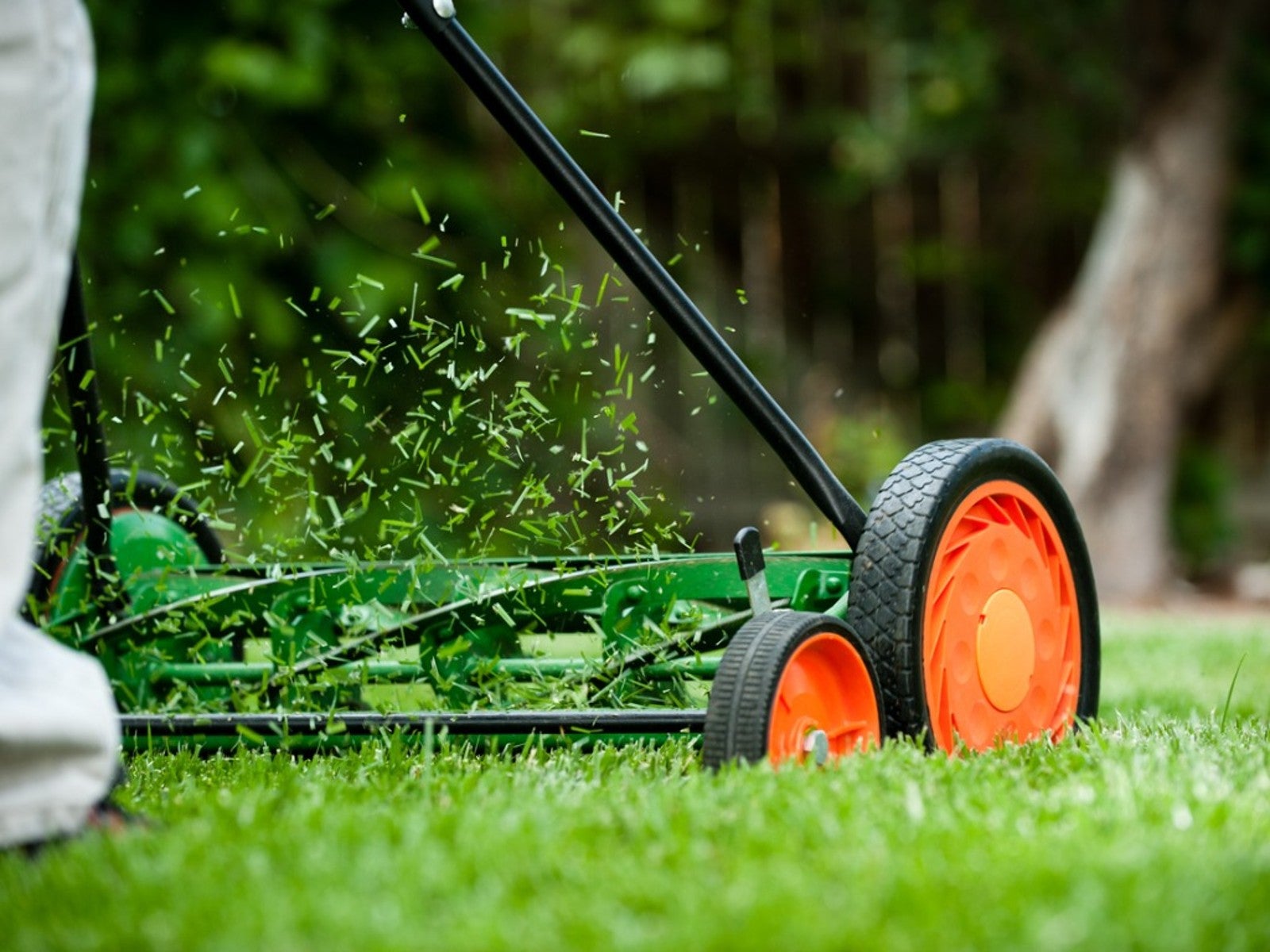 Why A Manual Push Mower Is Good For You And The Environment
Why A Manual Push Mower Is Good For You And The EnvironmentReel mowers are making a comeback, but why? Click here to learn about reel mower pros and cons.
By Amy Grant
-
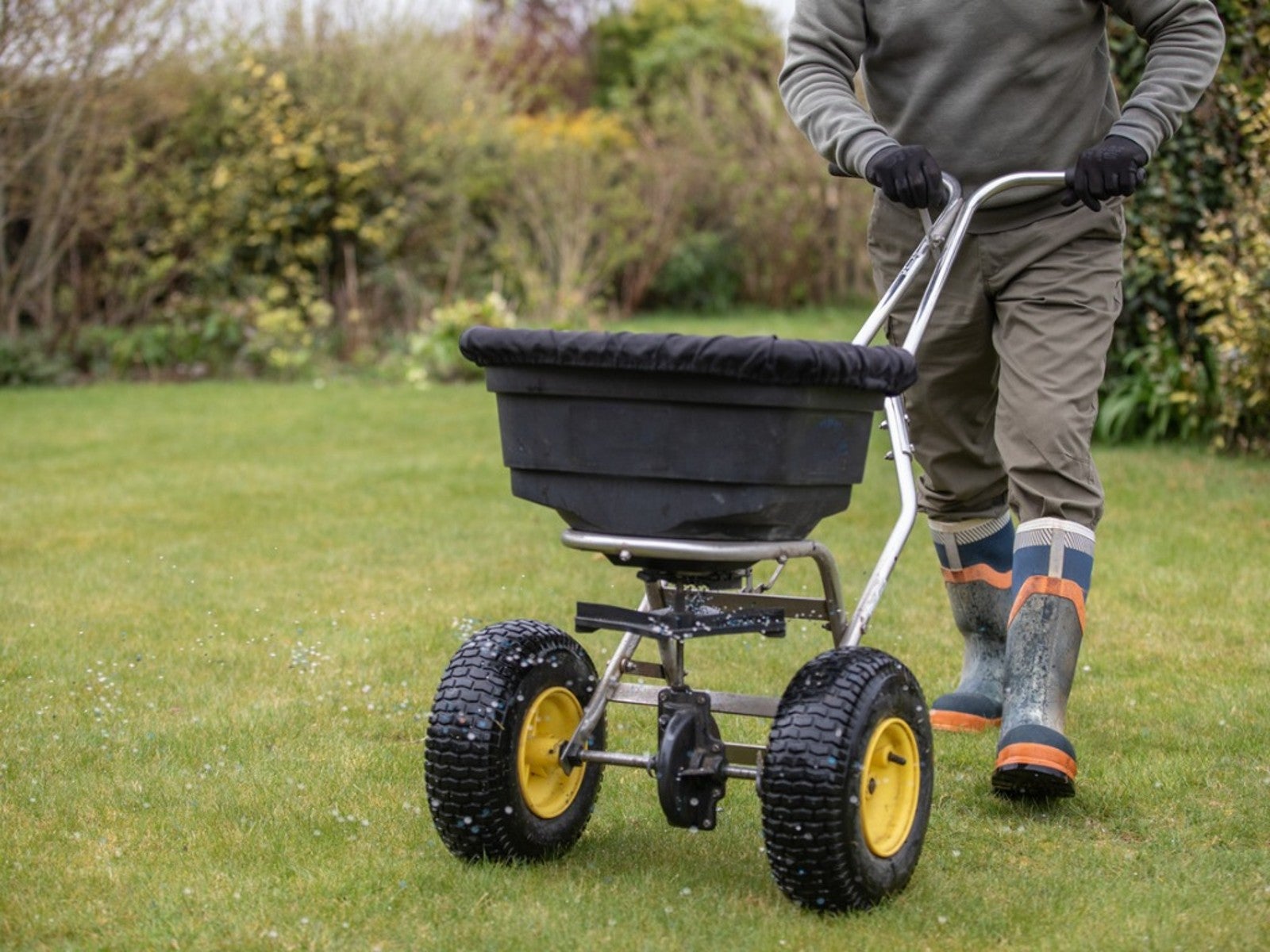 Fertilize Grass In Fall For A Lush Lawn In Spring
Fertilize Grass In Fall For A Lush Lawn In SpringFor everything you need to know about fertilizing your lawn in the fall, click here.
By Susan Albert
-
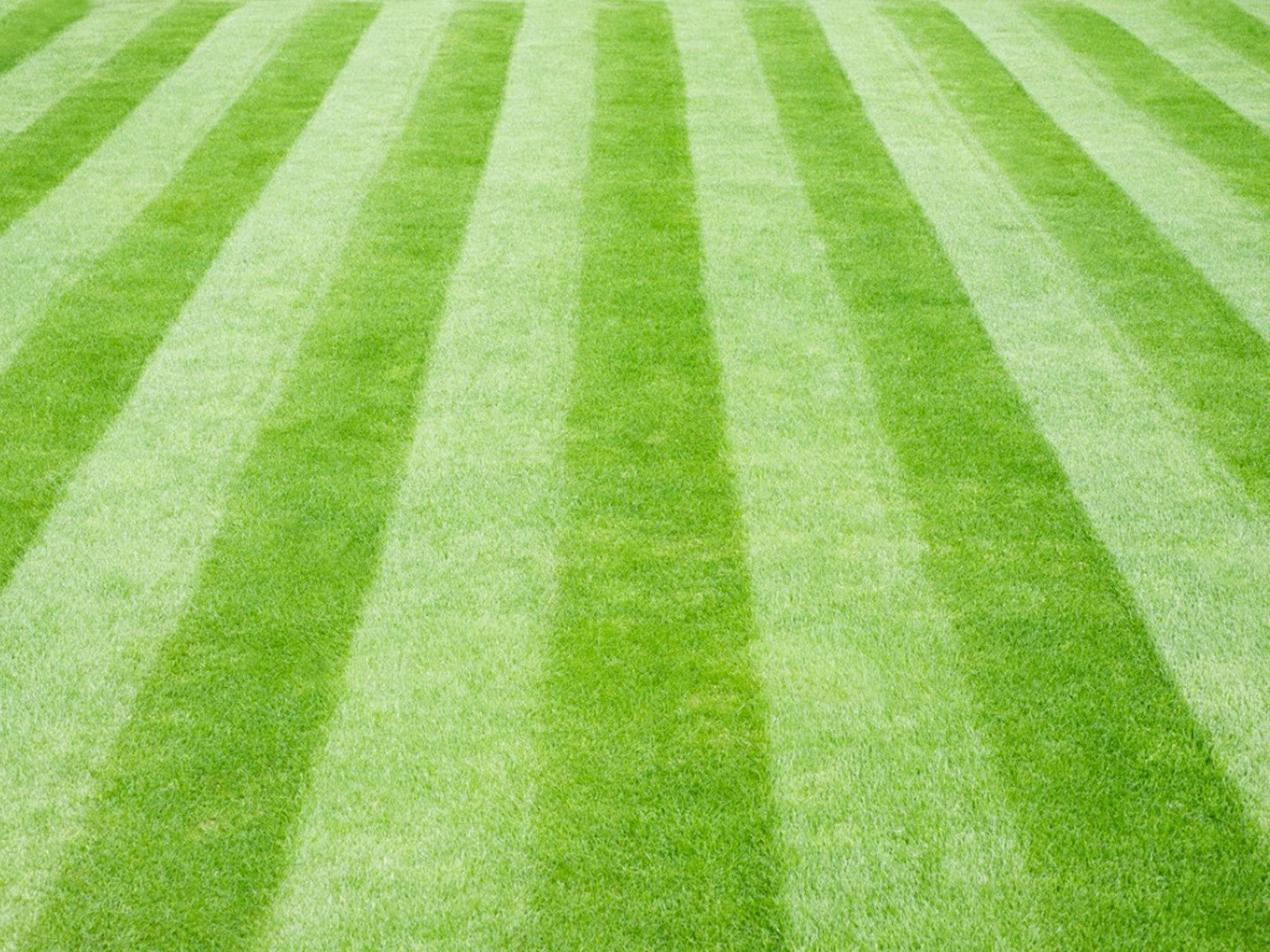 Tips For Mowing Stripes In Lawn
Tips For Mowing Stripes In LawnWouldn’t it be great to have stripes in your lawn like a sports field? Learn how here.
By Susan Albert
-
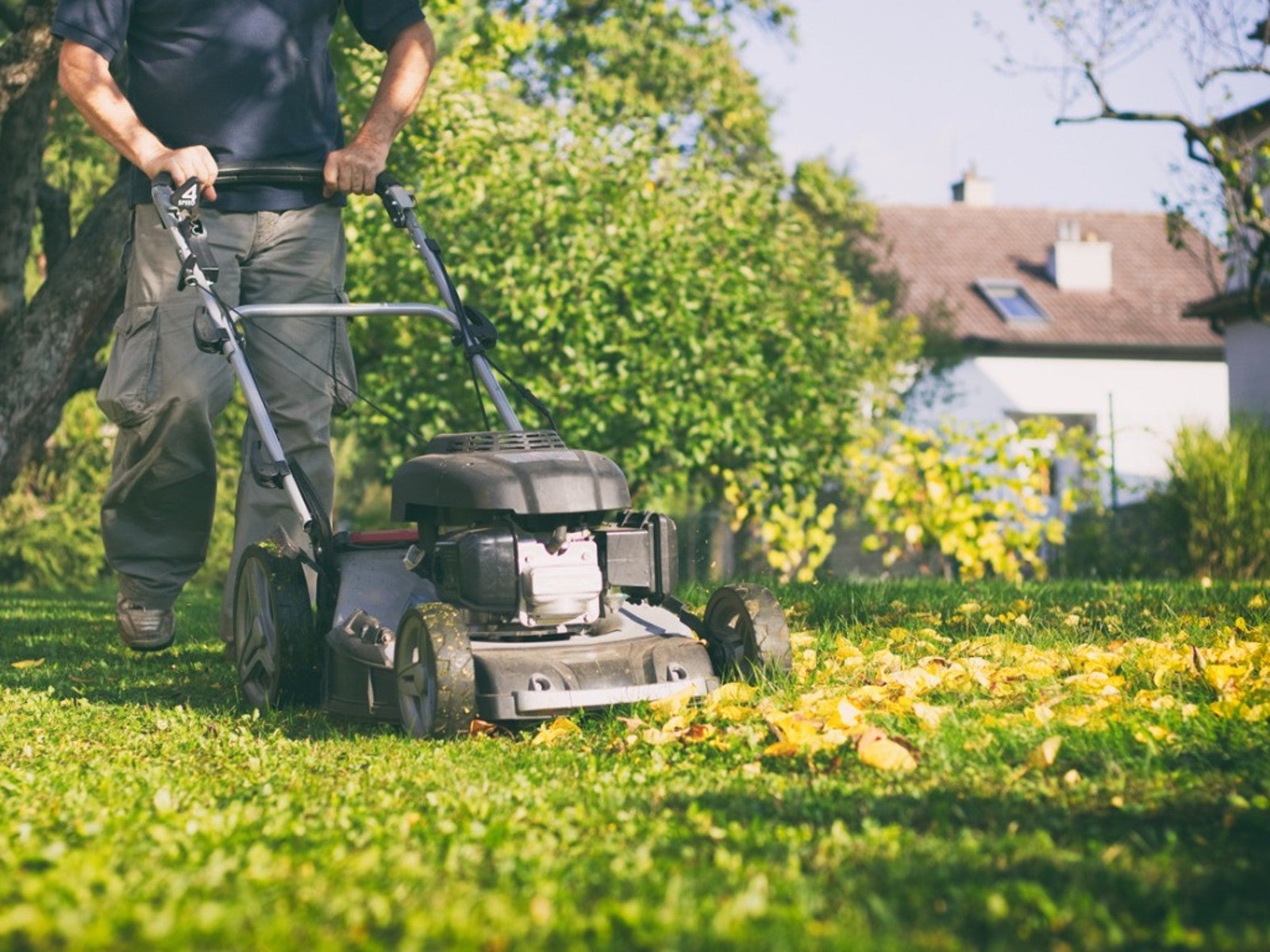 Late Summer Lawn Care Checklist
Late Summer Lawn Care ChecklistPlan to do some late summer care and maintenance of your lawn so it will be healthy and beautiful in the spring. Here are some tips.
By Laura Miller